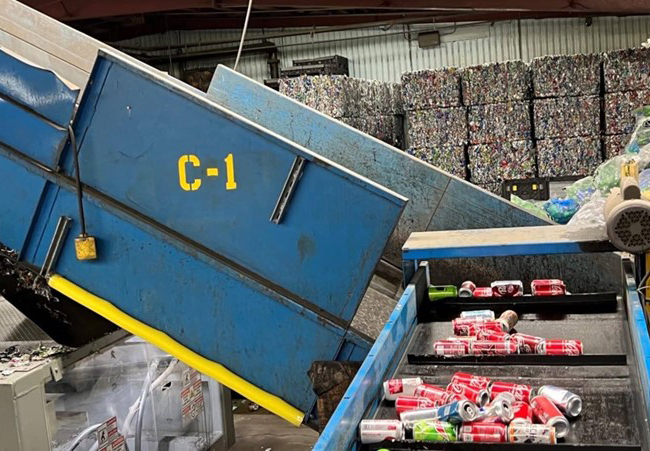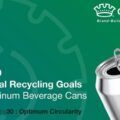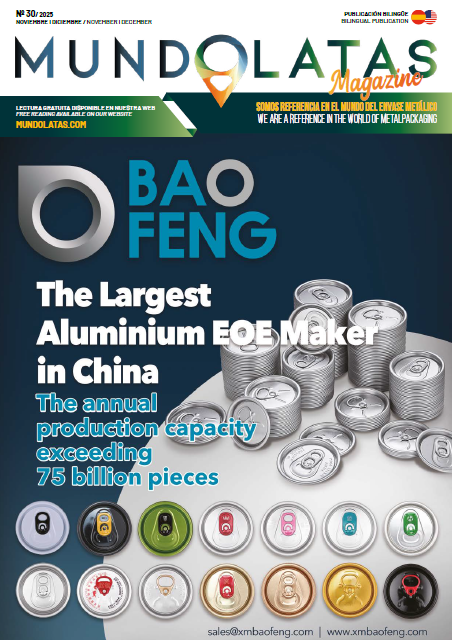A new public opinion poll found that 81% of U.S. voters support recycling rebate programs, which place a fully refundable deposit, between 5 and 10 cents. When they return the borrowed packaging, they deliver high-quality materials domestically for recycling into new products, including beverage containers.
Ten states currently use recycling rebate programs in the United States. Precisely, support for these programs is being strong from political and demographic groups, registering over 70% for Democrats, Independents and Republicans. Residents of states with existing recycling rebate programs showed the highest level of support, at 90%.
Organizations supporting these programs include the Aluminum Association, the American Conservation Coalition, the American Consumer Institute, the Can Manufacturers Institute, ConservAmerica, Consumer Action, the National Consumers League, the National Recycling Coalition, the Rainey Center Freedom Project, Reloop, the U.S. Public Interest Research Group and the Virginia Bottle Law Organization.
Charles Johnson, president and CEO of The Aluminum Association notes that “it is clear that Americans overwhelmingly support efforts to grow the economy, improve recycling and reduce waste and greenhouse gas emissions through recycling rebate programs.” The executive added that “at a time when few public policies enjoy such strong bipartisan support, lawmakers should act, pursuing well-designed recycling rebate programs at the state and federal levels.”
The Can Manufacturers Institute adds that recycling rebate programs are an effective and common sense way to encourage consumers to recycle. Robert Budway, president of the Can Manufacturers Institute, reiterated that “increasing recycling rates is beneficial in many ways. From reducing litter and keeping recyclables out of landfills to reducing greenhouse gas emissions and creating jobs, the benefits of policies that grow recycling are enormous.”. Data from the United States and the many countries around the world that have active recycling rebate programs not only demonstrate their effectiveness, but are universally popular across all parties. We hope that legislators across the country will recognize the desirability of implementing recycling reimbursement programs.”
Another key point revealed by the survey confirms that 69% of those who have redeemed deposits say that if they were to redeem them at a retailer, they would spend all or part of the deposit refund at the retailer where they received the redemption. In addition, 72% of respondents support redemption programs that encourage companies to use materials with high economic value, such as aluminum beverage cans.
Finally, recycling rates in the United States have stagnated in recent years. However, beverage containers sold with a deposit are recycled at two to three times the rate of containers sold without a deposit, according to data from the Institute for Packaging Recycling. The two U.S. states with 10-cent deposits on beverage containers (Michigan and Oregon) typically achieve beverage container recycling rates above 85%. Reloop’s research estimated that a national recycling rebate program with a 90% redemption rate would create more than 155,000 direct and indirect jobs and annually avoid greenhouse gas emissions equivalent to taking more than 2.37 million cars off the road.














